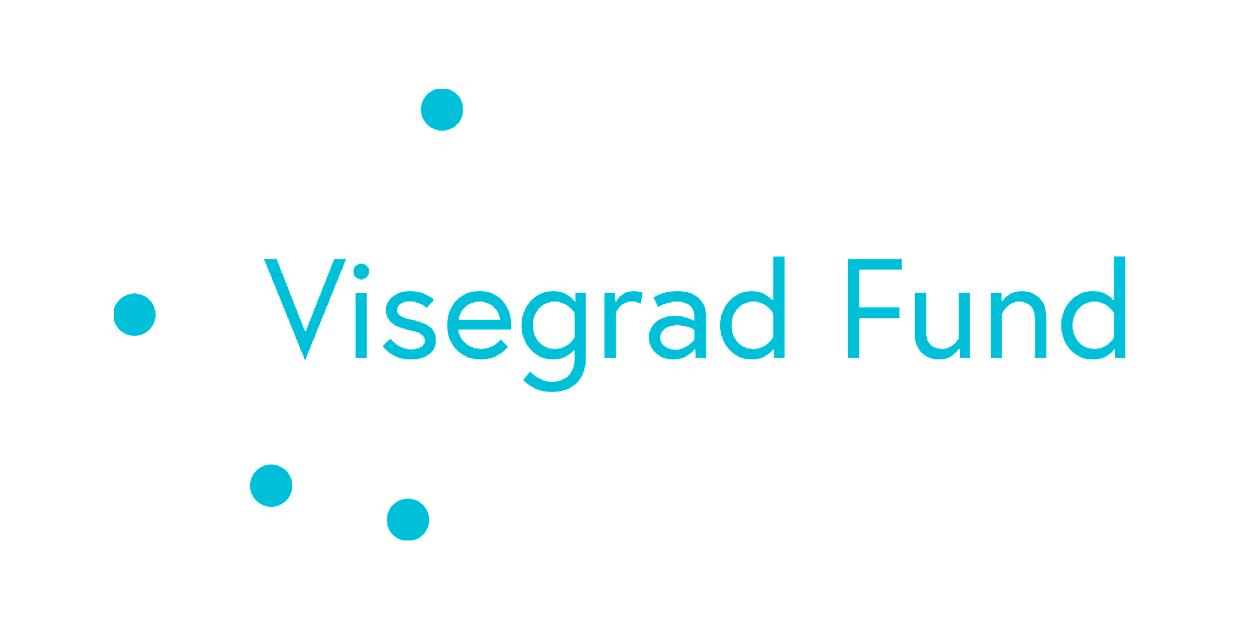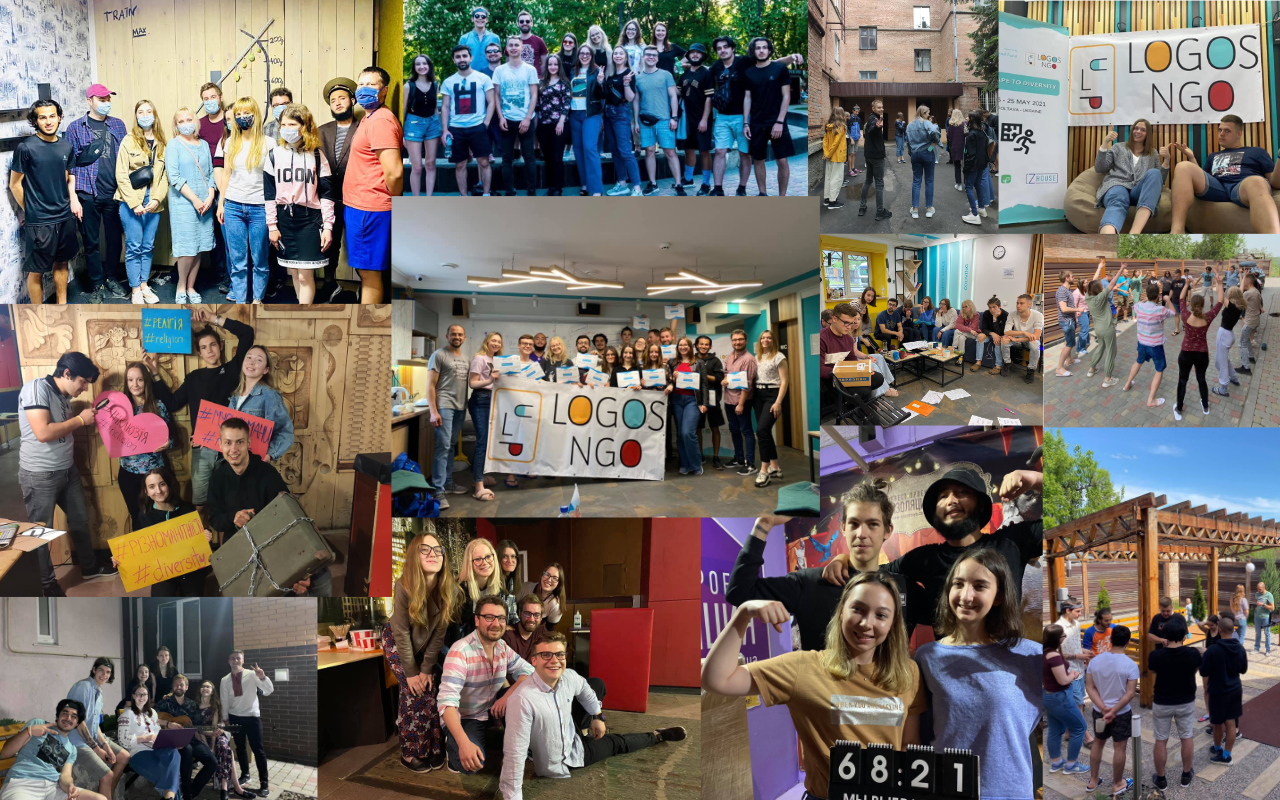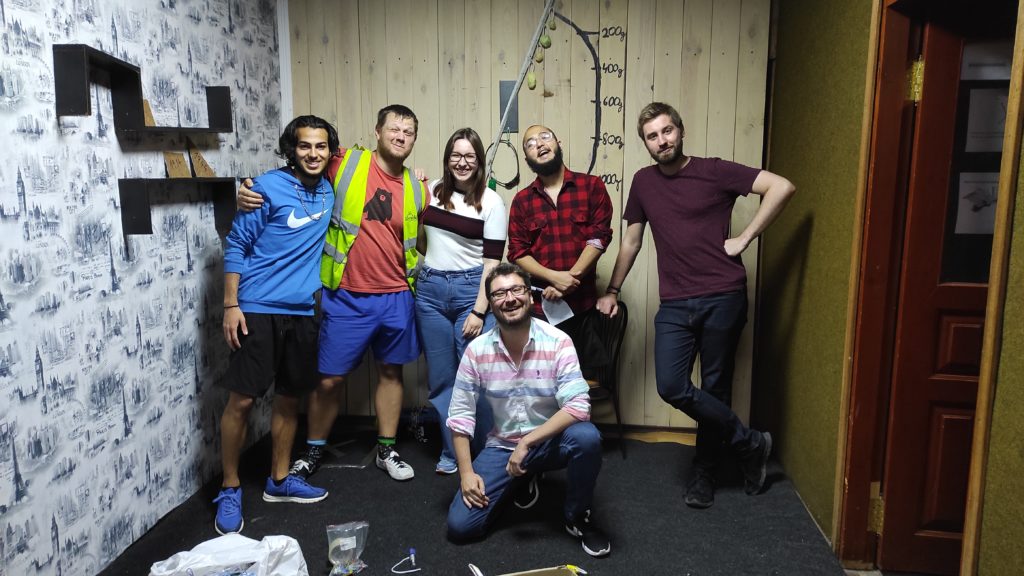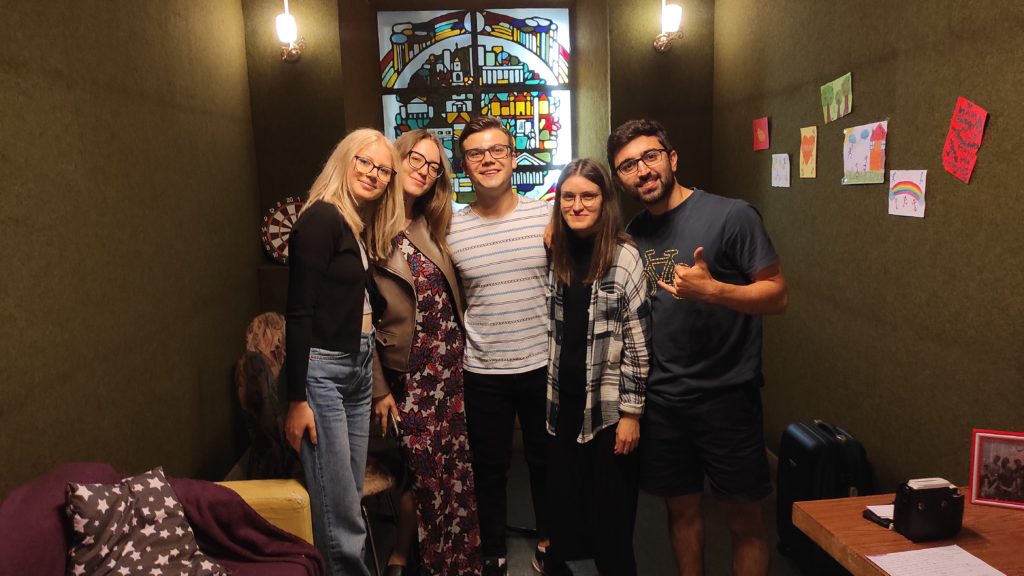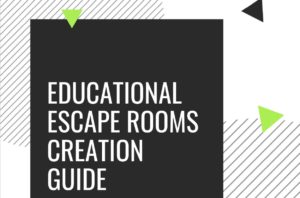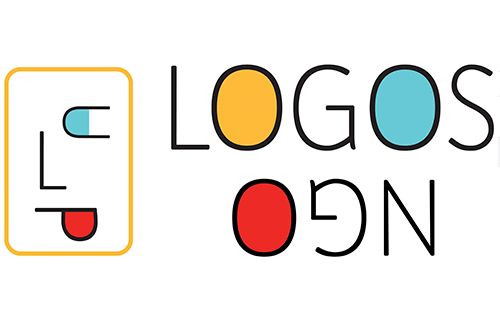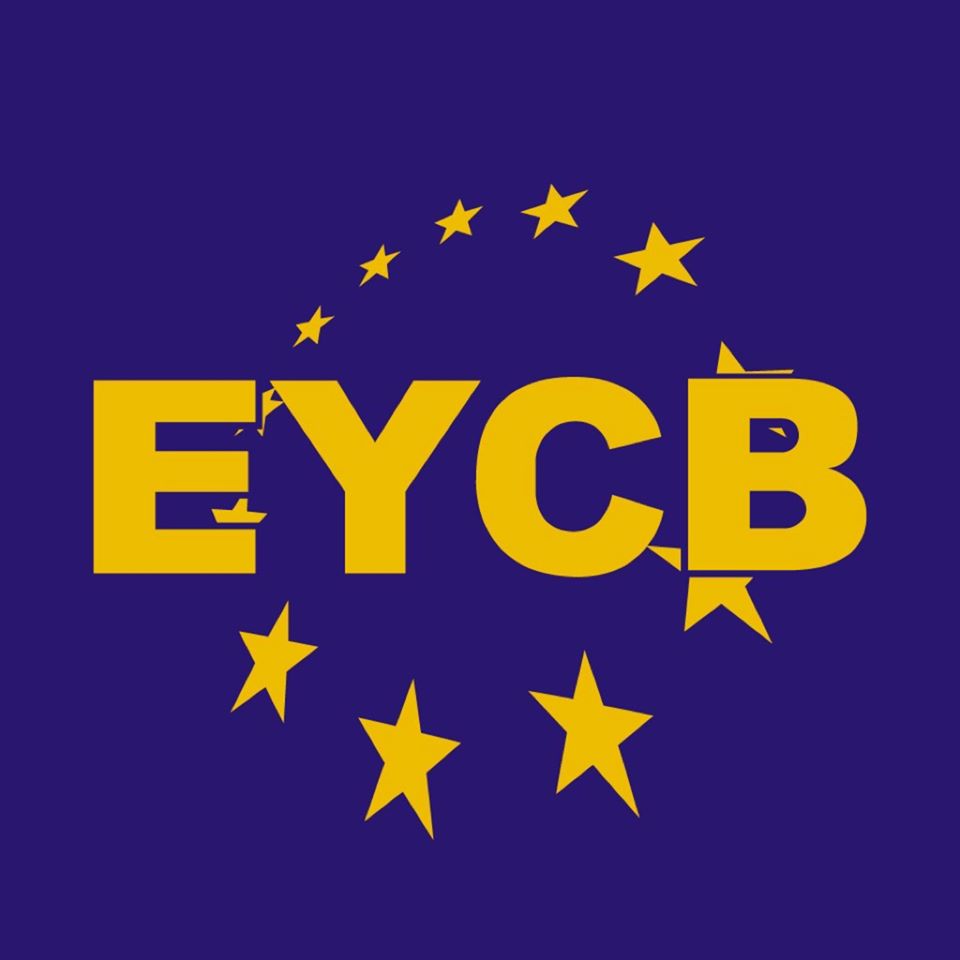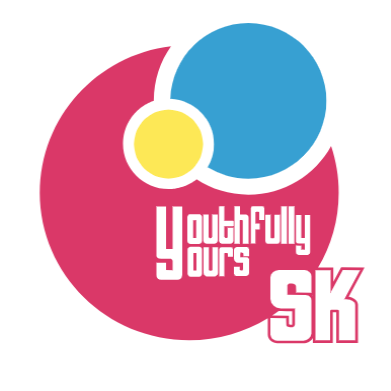About the project
Escape to diversity is a project that is being implemented by Logos together with partners from V4 countries. At this project, we will gather youth workers from Ukraine, Poland, Hungary, Slovakia and Czechia in order to educate them about the usage of escape rooms as a tool. We will dedicate this project to topics of tolerance and inclusion. In May 2021, we will meet in Poltava where we will spend 10 days learning about the usage of escape rooms for educational purposes. At the end of the training course, we will build 3 working escape rooms, which we will open for external guests to play. After the training course, we will release the manual on how to create escape rooms for educational purposes which will be available for anybody. This project is possible thanks to the support of the Visegrad fund.
Visegrad Fund
The Fund is an international donor organization, established in 2000 by the governments of the Visegrad Group countries—Czechia, Hungary, Poland and Slovakia to promote regional cooperation in the Visegrad region (V4) as well as between the V4 region and other countries, especially in the Western Balkans and Eastern Partnership regions.
